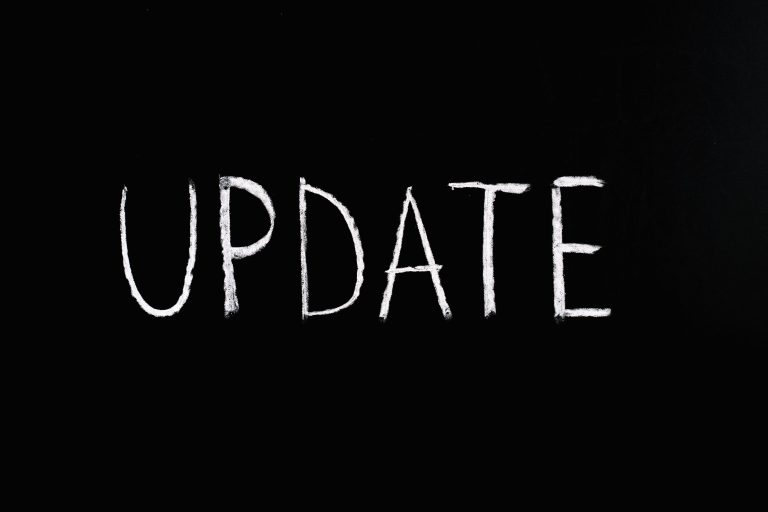DIY estate planning might seem like a good idea, and an easy way to save money. But will it really save you a penny in the long run? Or could you leave a nightmare for your next of kin to sort out at a time when they are grieving your loss?
If you have few or no assets, no children, and straightforward finances then writing a will should be simple. There are countless online resources to help, free DIY will services and paid for options. But are they any good, and when should you consider that your financial and personal circumstances are complex enough to invest in bringing in a professional to support and advise you through the process of writing a will?
There are no right or wrong answers to these questions. But there are some clues that should make you consider your options.
- You’ve had your first child
- You may be in line for an inheritance
- You own a business, or a share of one
- You own stocks and shares
- You own property
- You get married
- You get divorced
- Your assets are higher than the inheritance tax threshold (currently £325,00)
- You are part of a blended family
There are other clues, but these should be enough to encourage you to consider taking professional advice. The level of detail that will be required to secure how your finances and assets are distributed for your beneficiaries will depend on the complexities of your life, which a professional estate planning consultant can advise you on.
The Risks of DIY Estate Planning
Estate planning has a number of key areas that when set up correctly, will reduce the inheritance tax liability, prevent inter generational inheritance tax, and reduce the risk of legal challenge. Ask yourself whether you would rather your beneficiaries receive your assets, or if you’d rather hand over large chunks to HMRC, potentially every generation an asset like a house is passed down.
DIY Trusts
Trusts are a means to pass assets and money along to your beneficiaries in a highly tax efficiency way. They can also protect assets from issues like bankruptcy and divorce. Trusts have been around since the time of the crusades in the 12th Century, so are a well established planning tool!
A trust is a complex legal structure that is designed for a specific purpose. That might be to reduce tax liability, or to create an income from assets placed in them. Set up correctly they are secure. Set up incorrectly, or to hide assets (for example if someone knows they are about to go bankrupt), they can be vulnerable to legal challenge. This could be by a family member who feels unfairly treated, or HMRC for example.
DIY Estate Planning Documents
Your will is a legal document that lays out clearly your final wishes, your assets and finances, who you would like to benefit from your estate, and who you would like to execute your will.
There are other considerations that will need to be considered, especially when it comes to inheritance tax.
Gifts
You can gift money or assets seven years or more before your death. If you die within 7 years, the gift will still be in your estate for the calculation of IHT.
You can gift to some organisations like charities or amateur sports associations though. This all needs to be documented.
Inheritance Tax
Your estate will have a value. There are very specific limits above which your beneficiaries must pay inheritance tax. Any liabilities must be paid no more than six months after your death, or HMRC will start to charge interest.
Inter Generational Inheritance Tax
In this situation your assets are passed along generations. This could be money, but is more usually property or other assets. Each time someone dies and passes these assets on to the next generation those assets may attract an inheritance tax bill. Eventually that asset is likely to be rendered worthless. It is possible to mitigate the IHT bill by placing assets in trust.
You can leave your estate to your spouse without paying inheritance tax, and pass your allowance on to them. That may increase the amount that you can leave without an IHT liability too. The limits must be understood, any passing of assets and allowances documented correctly, and any tax bill settled. HMRC can request information on IHT up to 20 years after the bill was settled.
Guardianship of Children
Should your children lose both parents, it is only natural that you want them to be secure, happy and well looked after. You can make these arrangements through your estate planning. This will prevent them from being taken into care.
Sideways Disinheritance
We’ve written about sideways disinheritance extensively for the simple reason that if you die and your spouse remarries, or if they subsequently die, your children and other beneficiaries could be disinherited. The surviving spouse in a remarriage could inherit everything, leaving them free to leave your assets to anyone they choose.
Peace of Mind that Estate Planning is not a DIY Estate Planning Disaster Waiting to Happen
The simple answer is to seek professional advice. DIY estate planning might save money now, but the risks attached to getting the legal technicalities of your will wrong could cost far more in the long term in inheritance tax and potential legal challenge.
Here at Will Protect we understand that contemplating the life of your loved ones after your own death can be difficult. But at the same time you want to ensure that the probate process is as simple as possible, enabling them to mourn your loss, and enjoy the successes that you are able to pass on.



